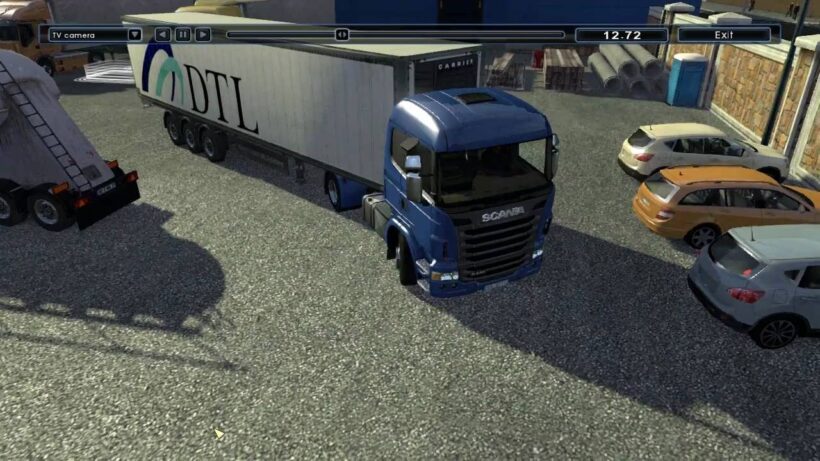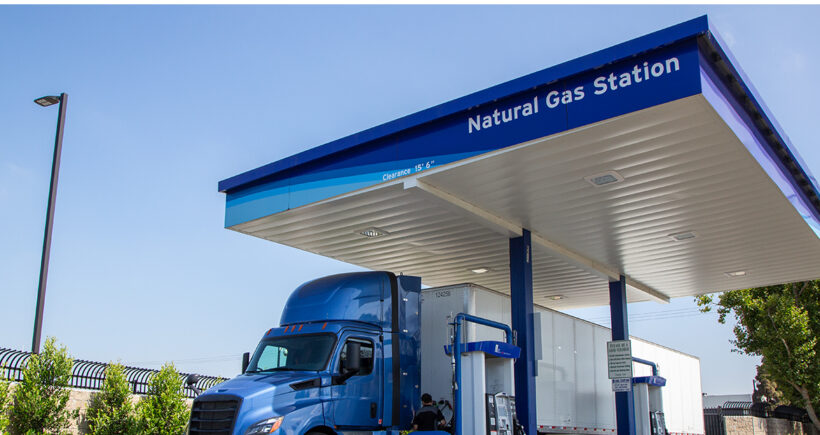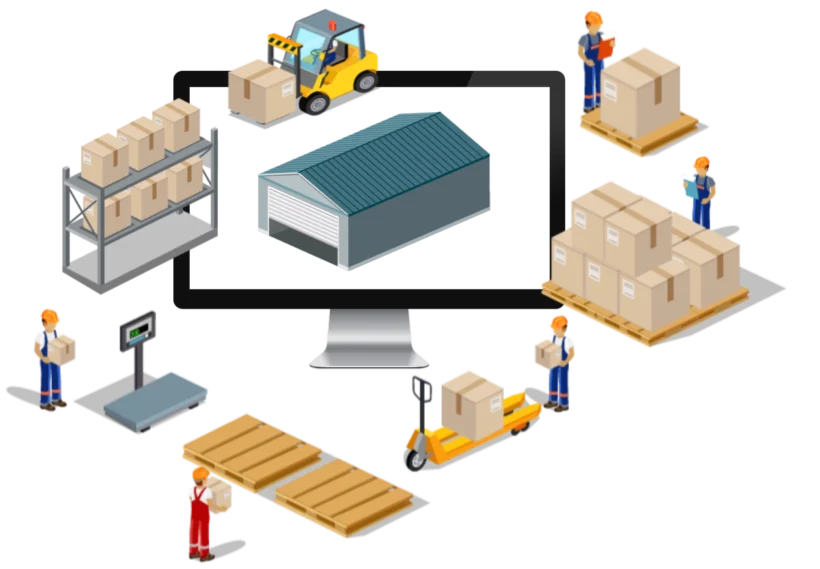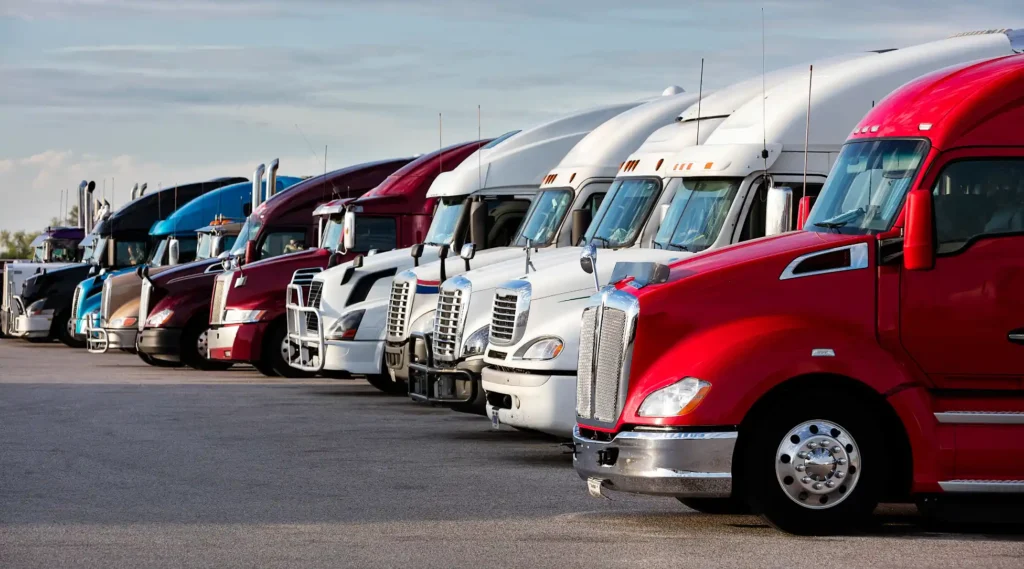Starting a successful trucking company requires careful consideration of several essential factors, including the equipment that will serve as the backbone of your operations. Having the right instruments at your disposal not only enhances fleet efficiency and productivity, but also contributes to overall business success. As you develop your trucking business plan, prioritize investment in equipment that can streamline logistics processes and optimize operations. In this article, we will explore a range of crucial equipment options that are vital for starting a thriving trucking company.
Trucks and Trailers

The first essential equipment for a trucking company is a fleet of reliable and efficient trucks and trailers. These vehicles are the lifeblood of your business, responsible for transporting goods between destinations. Consider investing in high-quality trucks that can handle various loads and terrains, providing the durability and power necessary for long-haul journeys. Equally important are trailers, which come in different configurations, such as dry vans, flatbeds, or refrigerated trailers, that can accommodate diverse cargo types.
GPS and Fleet Management Systems
Another indispensable tool for a successful trucking company is a GPS and fleet management system. These advanced technologies allow for real-time tracking of vehicles, providing essential information, such as their location, speed, and even driver behavior. With these insights readily available, the business can optimize routes, minimize idle time, save fuel costs, and improve overall efficiency. Additionally, these systems facilitate effective communication between drivers and dispatchers which allows seamless coordination and timely deliveries.
Maintenance Tools and Diagnostic Equipment
Efficient truck maintenance is essential for keeping your fleet in top shape and minimizing unexpected breakdowns. Invest in maintenance tools and diagnostic equipment to help in conducting routine checks, identifying potential issues, and promptly performing necessary repairs. Diagnostic equipment, such as electronic scanners and diagnostic software, can help diagnose engine problems, while tools, such as tire pressure gauges, torque wrenches, and lubrication equipment, can assist in regular maintenance tasks. Prioritizing regular maintenance not only extends the lifespan of your vehicles, but also enhances safety on the road.
Fueling Infrastructure

Establishing a fueling infrastructure is a vital consideration for a trucking company aiming to maximize efficiency and reduce costs. Setting up partnerships with fuel stations or investing in your own fueling stations can significantly cut down fuel expenses and ensure convenient access for your drivers. Moreover, incorporating fuel management systems that track fuel consumption and optimize usage can help identify potential areas for improvement and enhance overall fuel efficiency. Minimizing fuel wastage and streamlining fueling processes can help increase profitability in the long run.
Safety Equipment
Prioritizing safety is paramount in the trucking industry, and having the appropriate safety equipment in place is crucial for protecting your assets and workforce. Safety essentials include fire extinguishers, reflective safety vests, first aid kits, and emergency triangles. Equipping each truck with these items ensures compliance with safety regulations and enhances the overall safety culture within your organization. Additionally, investing in advanced safety technologies such as collision avoidance systems and dash cameras can further mitigate risks and safeguard your drivers and cargo.
Dispatch and Communication Systems
Dispatch and communication systems are also vital tools for starting a successful trucking company. Dispatch and communication systems streamline operations and coordination by effectively managing and assigning loads, optimizing routes, and enabling real-time communication between dispatchers and drivers. These systems enhance operational efficiency, minimize delays, and improve customer satisfaction. By investing in the right equipment, trucking companies can establish a strong foundation for success in a competitive industry.
Warehouse Management System

A dependable warehouse management system (WMS) is a crucial component for launching a trucking company. Especially if your business involves warehousing and distribution services, this technology assists in optimizing storage and logistics operations. A WMS allows for efficient inventory tracking, accurate stock management, and streamlined order fulfillment processes. This provides real-time visibility into inventory levels, allowing the business to effectively allocate resources, reducing the risk of stockouts or excess inventory.
Leveraging Technology for Streamlined Trucking Operations
In the fast-paced world of trucking, staying ahead of the competition requires embracing the latest technological advancements. The integration of technology can significantly streamline trucking operations, enhancing efficiency, reducing costs, and improving overall productivity. Let’s explore how trucking companies can leverage technology to optimize their operations.
One vital technological tool for streamlined trucking operations is the use of telematics systems. Telematics involves the integration of telecommunications and informatics, enabling the collection and transmission of valuable data from vehicles in real-time. By equipping trucks with telematics devices, companies can monitor crucial information such as fuel consumption, driver behavior, and engine performance. This data allows for proactive maintenance scheduling, fuel efficiency analysis, and improved driver safety.
Moreover, the integration of electronic logging devices (ELDs) has become mandatory for trucking companies to comply with hours of service regulations. ELDs accurately record drivers’ hours, reducing the risk of violations and ensuring compliance with legal requirements. These devices not only simplify the tracking of working hours but also eliminate the need for manual paper logs, streamlining administrative tasks and reducing paperwork.
In addition to fleet management software, telematics systems, and ELDs, trucking companies can also benefit from advanced analytics and data-driven insights. By analyzing data collected from various sources, companies can identify trends, optimize routes, predict maintenance needs, and make data-informed decisions. This helps in improving operational efficiency, reducing costs, and enhancing customer satisfaction.
Starting a successful trucking company requires a comprehensive understanding of the essential equipment needed to establish a robust operation. This includes trucks, trailers, GPS systems, maintenance tools, fuel infrastructure, and safety gear. Each piece serves a critical purpose of enhancing operational efficiency while maintaining the security of your assets and staff. By investing wisely in these essential components, your business will be well-positioned to navigate the challenges of the trucking industry and achieve long-term success.

